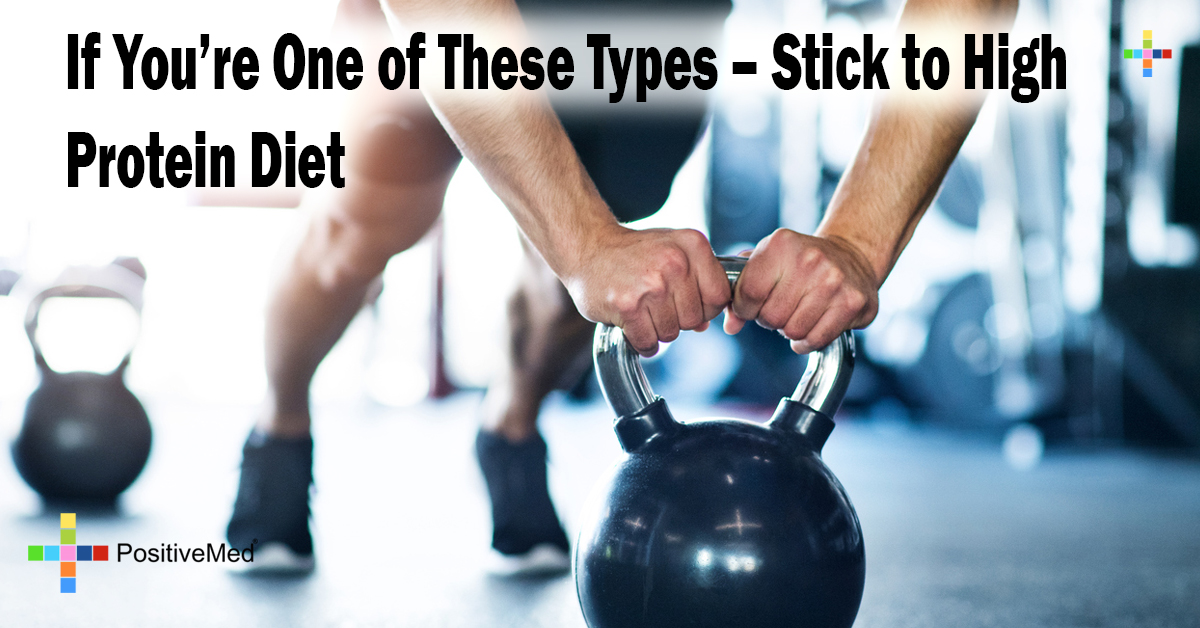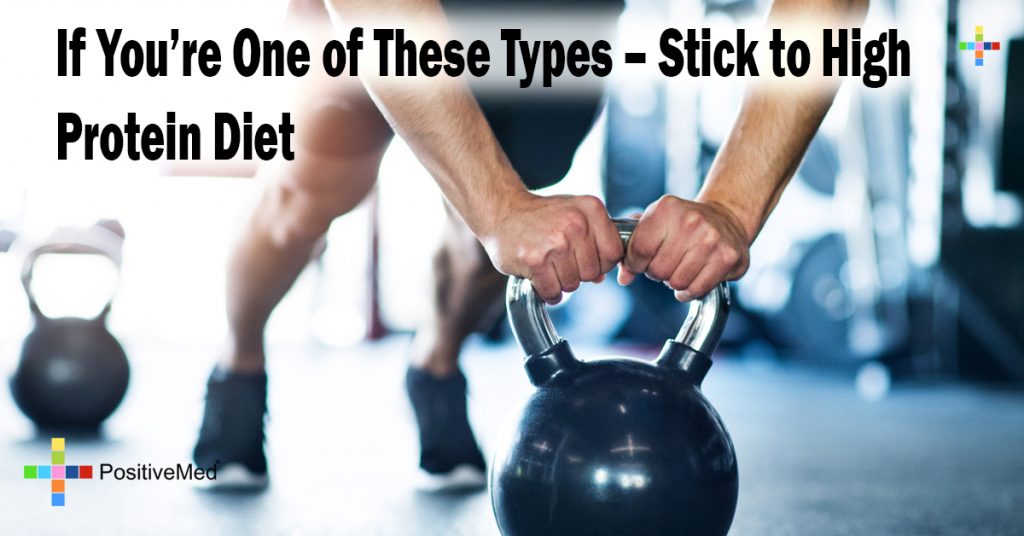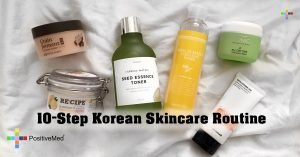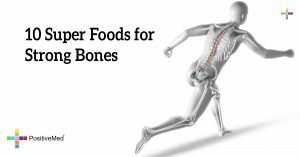
Over half of the American population is doing something at any given time to “live a healthier lifestyle.” Of that percentage, the majority is attempting to increase their daily protein intake and stick to high protein diet. Whether it’s whipping up a protein shake, sprinkling protein powder into yogurt, or consuming a daily snack bar, everyone seems to be doing it. But, is it really making a difference for all of us?

In short, the answer is no. According to David Katz, MD, director of the Yale University Prevention Research Center, most of us don’t really need the added protein. In fact, Katz believes that the high protein diet is just another fad. It was low-fat in the 1980s and low-carb in the 2000s. Now we’re all hyper-focused on protein. Rather than focusing on the macronutrients in food, we need to start focusing on wholesome foods in healthy combinations. If we shifted to this type of nutrition plan, the nutrients will take care of themselves.
The reality is that most of us are actually getting an adequate amount of protein already. Per the Dietary Guidelines for Americans, we should be getting roughly 10 to 35% of our calories from protein. When you break it down, 10% is just around 46 grams of protein per day for women. That alone is enough to prevent deficiencies, and most Americans get closer to 16%.
What we could focus on more is the protein sources we are incorporating in our diets. The best sources of protein include eggs, fish, poultry, and small amounts of lean, grass-fed meats. Other options include beans, soy, and lentils as well as nuts, seeds, rice, and grains.
So, don’t be tempted to bulk up on bacon thinking you’re doing yourself a favor. While meat is a good source of protein, it also includes a number of not so friendly components, such as saturated fat, cholesterol, and even carcinogens depending on how we prepare it.
All that being said, there are a few select types of people who may benefit from increasing their protein intake and following a high protein diet. Even so, the focus should be on getting a higher proportion of calories from protein rather than just piling extra protein on your regular diet.
1. Weight Trainers
If you’re following a program that is heavy in resistance training, you are constantly tearing down muscle tissue that needs to be repaired and rebuilt. Protein is an important source of essential amino acids, which are the primary building blocks of your body’s own proteins. The body doesn’t naturally make these at all, so you have to get them from food or not at all. Without these muscle cells, you won’t build muscle no matter what type of program you’re following. You can relate it to trying to build a house without enough bricks or wood. It just doesn’t happen.
RELATED ARTICLE: 4 Hidden Signs of Protein Deficiency – The First One Gets Blamed on Carbs!
2. Individuals Prone to Weight Gain
Evidence suggests that there is a direct correlation between low-calorie compliance and high protein, depending on the source of protein. Protein takes longer to digest, so it leaves us feeling fuller longer and provides us a higher level of satiety.
Protein is also effective for stabilizing blood sugar levels, which has been linked to a lower desire to eat as well as reduced cravings – both of which are helpful with weight loss. As long as you are doing some degree of physical activity or exercise, incorporating high protein diet in your lifestyle is supportive of weight loss by preventing hunger, enhancing satiety, and reducing muscle loss.

3. Individuals Accustom to a High-Calorie, Low-Nutrient Diet
In this case, think the “typical American diet” – break, pasta, and processed snacks. Individuals who have been following such a diet can benefit heavily from a more nutrient-dense diet higher in protein. Shifting your eating habits to include more things like egg whites, fish, and lean meat will naturally lend itself to a higher percentage of calories from protein and the good stuff and less of the other stuff, like processed sugar and carbohydrates. In a recent trial, people who traded some carbohydrate with a protein or healthy fat each day benefited from lower blood pressure and cholesterol compared to people on a high-carbohydrate but otherwise healthy diet.
4. Middle-aged People
Individuals in this category may benefit from extra protein to counteract the muscle loss that is somewhat inevitable with aging. Adults over the age of 50 benefit from including more high-quality protein in their diet, as it supports better muscle growth and retention. Cholesterol is even more important of a consideration in this group, so individuals in this category should focus on incorporating non-animal sources of protein, such as beans, seeds, whole grains, nuts, and fish.
While the vast majority of us do not need to eat high-protein diets, people who are focused specifically on building muscle or fall within one of the categories of having significant difficulty losing weight, following the typical American diet, or being middle-aged would do well to focus on adding more protein calories to their diets. In any case, our focus should be on including as many healthy, wholesome foods in our diets as we can to support our overall nutrition.






